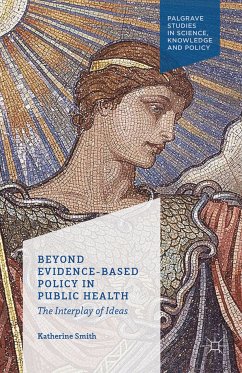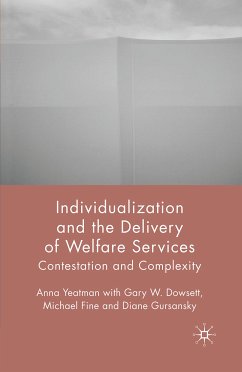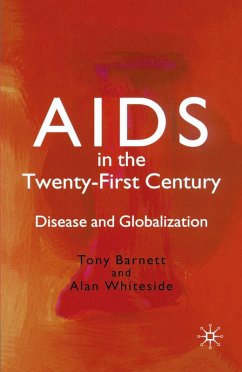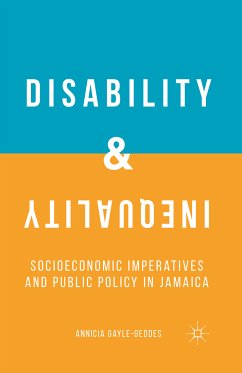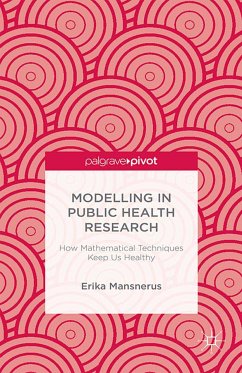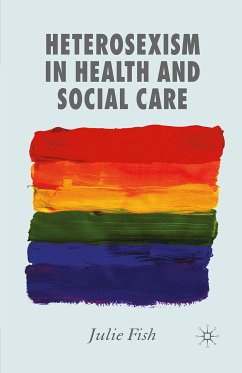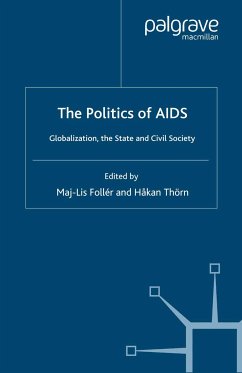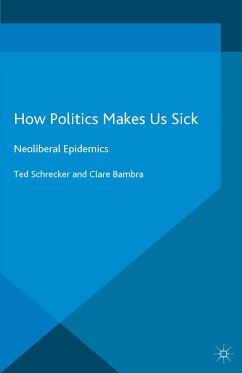"Katherine Smith offers an insightful analysis of evidence-based policy, providing an interesting typology with which to deepen our exploration of the relationship between research and policy . . . a rare books which captures the reader, inviting self-reflection upon how one can engage with research either as an academic, an advocate, or policymaker, and their own research." - LSE Review of Books
"Research reports often end with recommendations for what 'policy makers' should do. Clearly, linking research and policy (and practice) is vital, but we often seem to over-simplify the relationships between them. This recently published book by Katherine Smith is a fascinating read because it tackles this issue using two case studies
which are at the heart of public health work: health inequalities and tobacco control . . . Smith does an admirable job of showing the significance of ideas and politics whilst upholding the principle that research has value for policy . . . anaccessible, evidence-based discussion of the complexities of the two-way relationship between research and policy." - DECIPHer
"What we have here is an excellent source of evidence about the relationship between research evidence and policymaking in the field of public health. This book undermines any suggestion that we live in an age of evidencebased policymaking, and indeed raises questions about the character and viability of that ideal." - Professor Martin Hammersley, Sociology of Health and Illness
"This is a rich and sophisticated analysis of the overlapping worlds of evidence creation, evidence mediation and policy making. Seemingly effortlessly, the two fine-grained case studies in all their singularity are related to other cases and contexts, and to the previous empirical and conceptual literature. There is no doubt that this book contributes immensely to improving
understanding of the nature of the contribution of evidence in public health policy in the UK in the early twenty-first century and, because of its theoretical contribution, more widely." - Nick Mays, Journal of Social Policy
'Smith argues that what matters for public health policy is less scientific evidence and much more a more complex set of ideas. Based on detailed case studies of UK tobacco and health inequality policy, Smith offers a richly textured alternative account of what matters for policy making. This excellent book is part of a small but growing body of political science research on public health policy that draws on contemporary theories of policy change and governance more generally.' - Patrick Fafard, Journal of Epidemiology and Community Health
